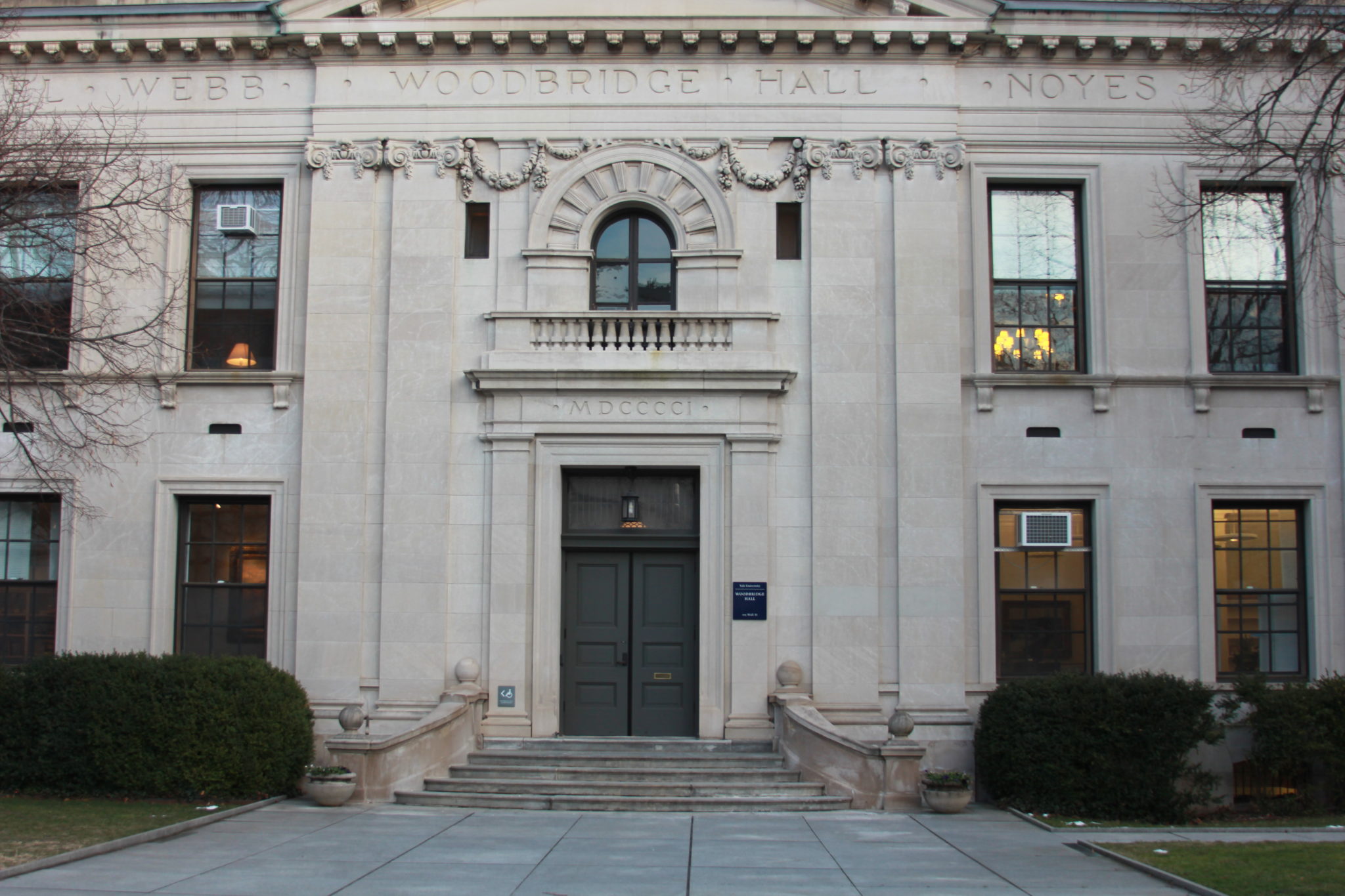
Surbhi Bharadwaj
At its December meeting, Yale Corporation committees convened to discuss University policy and the resources needed to accomplish University President Peter Salovey’s academic priorities — a set of goals that will serve as a basis for the upcoming capital campaign.
As students crammed for exams and drafted final papers, Corporation members quietly arrived on campus to conduct the final meeting of the calendar year. In a press briefing this week, Salovey said the conference dealt largely with regular University business, such as ongoing facilities projects and the University budget.
“[The meeting was] a very business-oriented meeting in the sense of the regular recurring business of the University,” he said.
The finance committee — which is responsible for reviewing both short- and long-term budgetary and fiscal planning for the University — discussed whether resources for areas such as social science data research and the sciences would come from fundraising, the budget or other sources.
Salovey emphasized that much of the deliberations focused on science and engineering strategy. He added that though the Corporation does not yet know the areas of science that the University Science Strategy Committee — chaired by Deputy Provost for Teaching and Learning and Vice President for West Campus Planning and Program Development Scott Strobel — will recommend, the committee estimated the “magnitude” of resources required. In an interview last fall, Strobel said the committee would likely submit its recommendations to the president and provost by the end of the academic year.
The Corporation’s buildings and grounds committee reviewed the state of the Tsai Center for Innovation Thinking project and the Yale Science Building. Tsai CITY, funded by a donation from Joseph Tsai ’86 LAW ’90, serves as the campus’s hub for entrepreneurship. In late 2019, the program will move from its interim home to a new location on Becton Plaza when the building’s construction is completed. The Yale Science Building will house the Molecular, Cellular and Developmental Biology Department and part of the Molecular Biophysics and Biochemistry departments, as well as some physics and chemistry faculty members.
The Corporation also renewed the Yale Homebuyer Program through 2019 and reviewed the University’s legal compliance procedures, including those for animal and human testing.
Three members of the Corporation declined to comment for this story, citing precedent that trustees do not speak about the itinerary of Corporation meetings, and one did not respond to request for comment. Paul Joskow GRD ’72 directed all inquiries about the meeting to Salovey, who he said is “responsible for reporting [the meeting’s happenings] to the Yale community.” Vice President for Communications Eileen O’Connor, who contacted the News after hearing that the members had been asked for comment, said the scheduled media briefing with Salovey was intended to disclose the contents of Corporation meetings but stressed that individual trustees would not speak on the record.
For the Corporation, 2017 was a year of momentous decisions. At its first meeting of the year, trustees elected to rename Calhoun College for Grace Hopper GRD ’34, an acclaimed Navy officer and computer scientist.
The following month, the Corporation introduced post-meeting press briefings, among other initiatives, to increase communication with the school after years of student activism calling for greater transparency.
But for now, it appears the Corporation has shifted its focus to long-term institutional planning. This semester, the Corporation will conduct a University-wide institutional review — the first official review since 2009, when Richard Levin was still president.
Hailey Fuchs | hailey.fuchs@yale.edu







